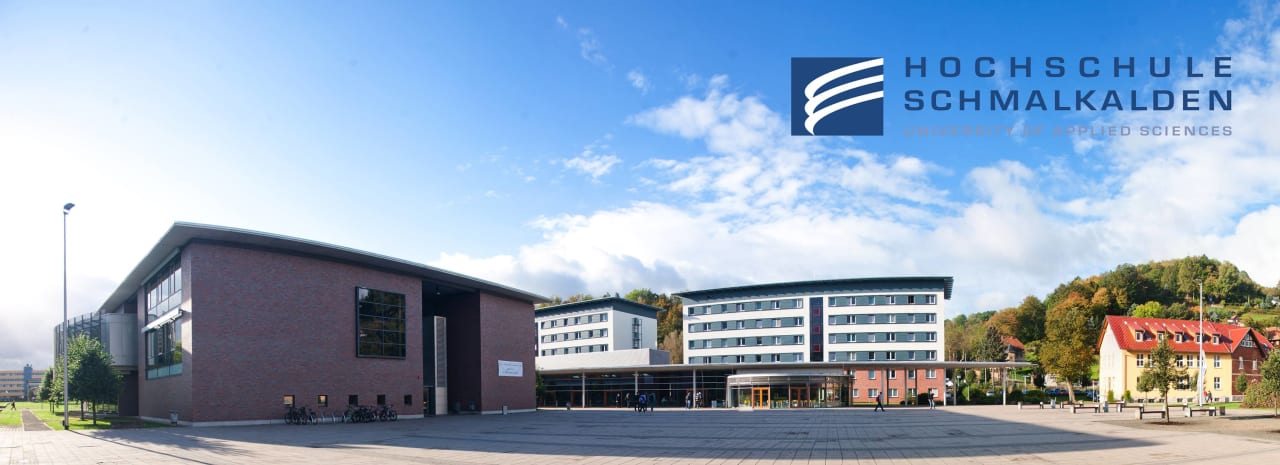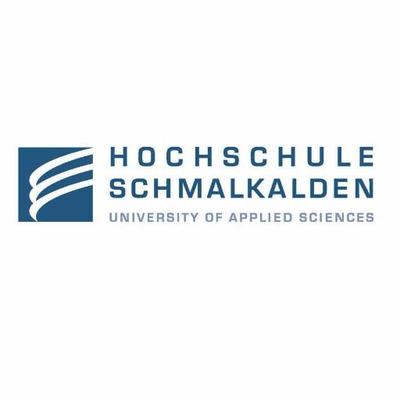
Computer Science (B.Sc.)
Hochschule Schmalkalden

Key Information
Campus location
Schmalkalden, Germany
Languages
German
Study format
On-Campus
Duration
6 semesters
Pace
Full time
Tuition fees
Request info
Application deadline
Request info
Earliest start date
Request info
Scholarships
Explore scholarship opportunities to help fund your studies
Introduction
Computer science sees itself as the science of systematic information processing with computers. As a modern science, it has had a stronger and more lasting influence on our life, work and leisure time than many other sciences over the past decades. The ever increasing number of multimedia, networked and embedded systems leads to ever shorter innovation cycles in industry, economy and society. New sub-areas and disciplines are emerging that require qualified specialists. This results in one of the most important challenges for the future: to make IT secure, reliable and manageable as well as socially compatible and socially acceptable for people. The computer science course not only conveys this knowledge, but also goes deep into the practice of computer science.
| Type of study: | Full time |
| Duration of study: | 6 semesters |
| Lecture language: | German |
| Graduation: | Bachelor of Science |
| ECTS: | 180 |
| next start of studies: | each winter semester |
| Application deadline: | 07/15/2021 |